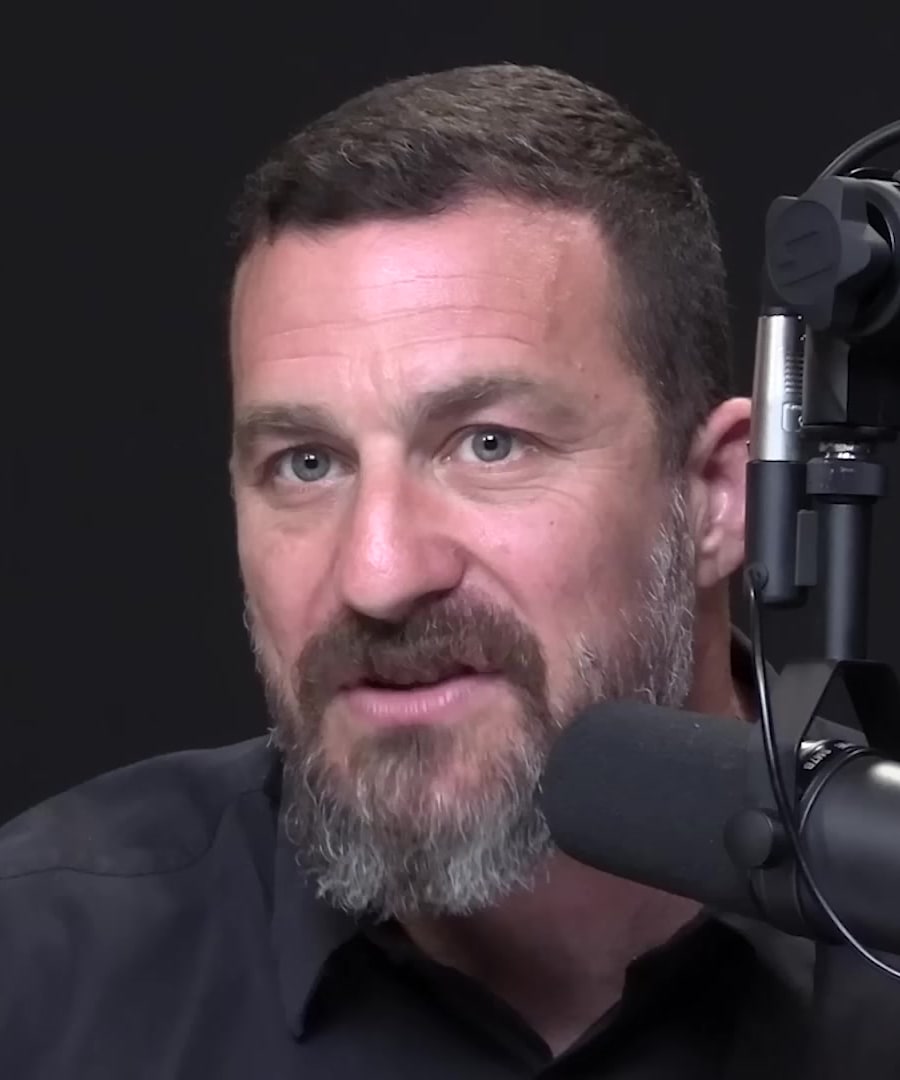Psilocybin and predisposition to psychosis
Sources:
stresses that psilocybin is not suitable for everyone, especially those with existing or a predisposition to psychotic episodes or bipolar episodes. Use of psilocybin is contraindicated for individuals with a first relative who has bipolar, schizophrenic, or schizotypal issues, due to concerns of triggering psychotic events that could potentially last beyond the duration of the psilocybin experience. This caution is applied in clinical studies on psilocybin, where such family history may disqualify a participant to prevent the risk of psychosis 1.
These safety precautions underscore that psilocybin is a powerful substance, emphasizing that its usage should be carefully considered and only employed in proper clinical settings with professional guidance. Additionally, states that the information provided about psilocybin and its effects primarily applies to adults—people aged 25 years and older—whose neural development (developmental neuroplasticity) is typically considered complete 1.
Other comments by experts such as point to the possibility that if long-term psychiatric issues arise after a psychedelic experience, they may resemble manic rather than psychotic episodes. The screening process for participants in clinical trials for psychedelics is stringent, often excluding people with close family members who have these conditions. This erring on the side of caution is seen as appropriate given the significant risks involved with psychedelics and individuals with a predisposition to psychosis 2.
For further information on the topic of psilocybin therapy and the risks involved, please refer to the full discussions in the , and other episodes featuring expert discussions on psychedelics on the .
RELATED QUESTIONS
Psilocybin and predisposition to psychosis
- RELATED QUESTIONS

